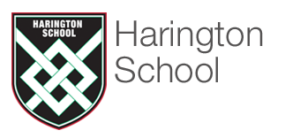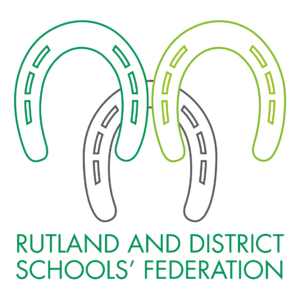Our stories are your stories.
COURSE CONTENT AND AIMS
The OCR course is unashamedly ambitious, covering a wide range of texts and genres: Renaissance dramas like John Webster’s ‘The Duchess of Malfi’ and William Shakespeare’s ‘Hamlet’; John Milton’s ‘Paradise Lost’; Mary Shelley’s ‘Frankenstein’ and Angela Carter’s ‘The Bloody Chamber’, as well as a range of literature written post-1900, such as Tennessee William’s ‘A Streetcar Named Desire’, and at least one text written post- 2000, such as Carol Ann Duffy’s ‘Feminine Gospels’.
The coursework component offers freedom in terms of task choice; all students write a comparative essay on a question of their choice and can then choose between a critical analysis, or a re-creative piece and commentary.
TRIPS AND VISITS
There is a wide and ever-changing range of opportunities on offer to enrich your study of English Literature, including theatre trips, workshops, lectures, study days and partnership activities with Oakham School English department.
In the past, students have visited Stratford to see the RSC’s production of ‘Hamlet’ and participate in a drama workshop; watched the NT live cinema broadcast of ‘Hamlet’ starring Benedict Cumberbatch and went to the Nottingham Playhouse to see ‘The Duchess of Malfi’
PROGRESSION
English Literature is a highly regarded A level that can take students onto almost any course of study. It is an essential choice for students considering an English degree, but would be a good option for students considering Humanities subjects, languages or law. It could lead onto many careers in fields as diverse as journalism, the creative industries, law, education, media, theatre, the civil service, publishing and academia.
ASSESSMENT
Component 01: Drama and Poetry pre-1900, 2.5 hour paper worth 40%
Component 02: Comparative and Contextual study, 2.5 hour paper worth 40%
Component 03: Post-1900 literature Coursework, worth 20%
ENTRY REQUIREMENTS
For admission to A Level English Literature, our usual minimum requirements are:
- Students will need to have achieved a grade 6 or above in English.





